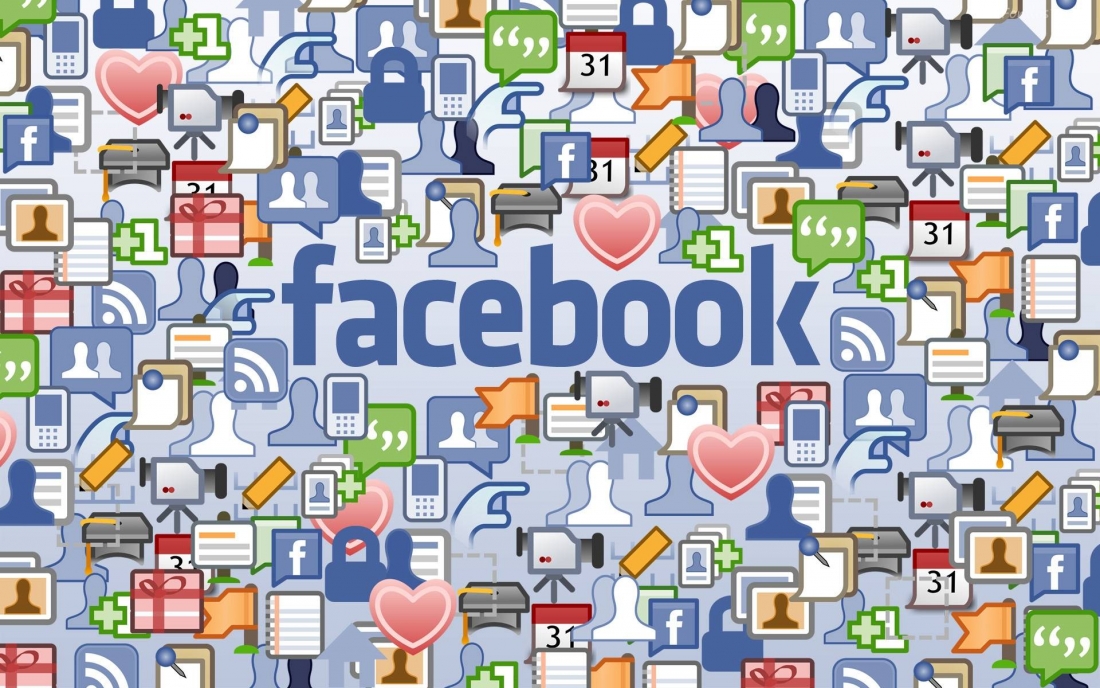Facebook clearly isn't the fad that was MySpace. In fact, the social network may very well go down in history alongside the Internet itself as having the most profound impact on our generation - a cultural icon, if you will.
For all of the "good" that Facebook is credited with (reconnecting old friends, creating romantic relationships, helping families that live in different cities / states / countries stay in touch, helping reunite long-lost family members, etc.), the site is often criticized for harvesting personal data from its members, being an outlet for online bullying and even redefining the term "friend."
A recent study published in the Royal Society Open Science journal examines Facebook's impact as it relates to friendships, both online and in person.
In it, British anthropologist and evolutionary psychologist Robin Dunbar analyzed nearly 3,400 Facebook users between the ages of 18 and 65 and found that the average user has roughly 150 Facebook friends. In reality, however, users said their support clique (friends they could depend on for emotional / social support during a crisis) consisted of just 4.1 people while they considered just 13.6 people to be close friends.
Interestingly enough, the number of close friends and support friends hardly vary at all with age.
Dunbar concludes that friendships have a natural decay rate in the absence of contact and that social networks may function to slow down the rate of decay. Even still, Dunbar believes social networks alone may not be sufficient to prevent friendships from eventually dying if they aren't occasionally reinforced by face-to-face interaction.
